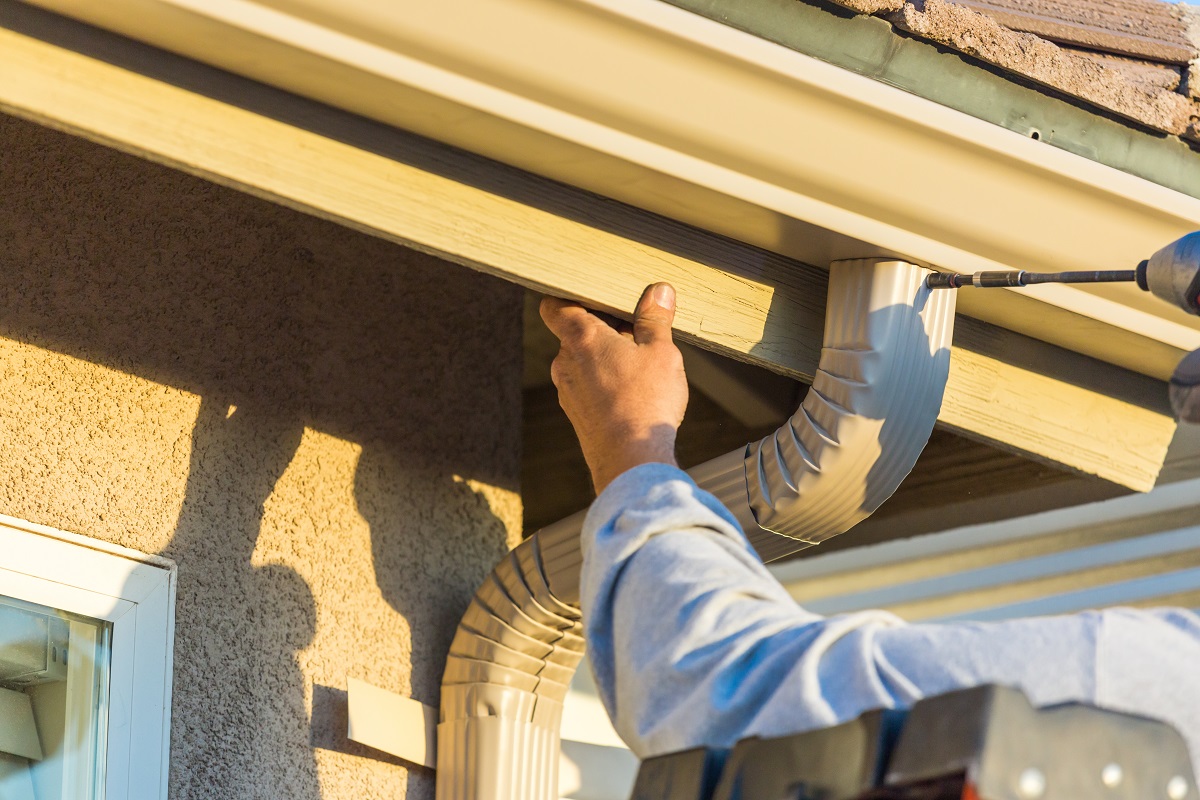Rainwater damage can be highly stressful for homeowners. The moisture from the rainwater can cause severe structural consequences, such as foundation cracks, wood rot and mould. These problems can push homeowners to spend thousands of dollars on house repairs and restoration.
The best way to minimise water damage is to recognise it early on and keep moisture at bay. Here are a few suggestions to keep in mind to help you safeguard your house from rainwater damage:
Inspect and Maintain Your Roof
Roofing companies like Top Glaze Roofing assert that the roof is a vital part of a house. It protects families from inclement weather, adds curb appeal and keeps water out of the home. Homeowners, therefore, should inspect and maintain their roof regularly.
When inspecting your roof, keep an eye out for indications of wear and tear. Try to get on top of your roof and check the condition of your shingles. If you find shingles that are loose, damaged or missing, replace them as soon as possible to avoid leaks. This quick and affordable home improvement project is a smart way to extend the lifespan of your roof.
Redirect Water Runoffs
If your house is sitting on the bottom of a slope, you’ll need to channel rainwater runoffs away from your property. Failure to redirect a runoff could lead to the development of standing water. When water accumulates on your property, it could erode the ground near your home’s foundation and cause structural problems.
A simple and effective solution to direct runoffs away from your property is to install a French drain, a trench filled with rock or gravel that lets water drain naturally from your yard.
Clean Your Gutters Regularly
Rain gutters are crucial in protecting your house against rainwater damage. If they’re full of leaves and other debris, the water will likely travel to the side of your home and accumulate at the base. Standing water weakens the structural integrity of your house and causes mould problems.
Homeowners can avoid clogged gutters by cleaning them periodically. When cleaning rain gutters, start by scooping out the accumulated gunk and debris. Once you’ve cleared the obstruction, use a garden hose to clean the gutter thoroughly.

Check Your Downspouts
Gutters funnel rainwater to the downspout, which channels water away from your house. Given the importance of downspouts, you’ll want to make sure that they’re working properly.
When inspecting your downspouts, see if they’re at least a metre away from the base of your house. This distance helps prevent rainwater from accumulating and undermining your home’s foundation. If you have a long downspout but still find water collecting close your house, install a drainage pipe to take care of this problem.
Seal Your Doors and Windows
Water leakage can occur in windows and doors. Unsealed door and window frames allow rainwater to seep in and cause moisture problems. Rather than wait for a leak to develop, install weatherstripping seals to prevent water from entering. If you come across large cracks, inject the problematic area with an insulating foam sealant.
These suggestions can protect your home from the effects of rainwater damage. By maintaining your home and keeping an eye out for problems with your house exterior, you save yourself the trouble of dishing out money for major and more costly repairs.


